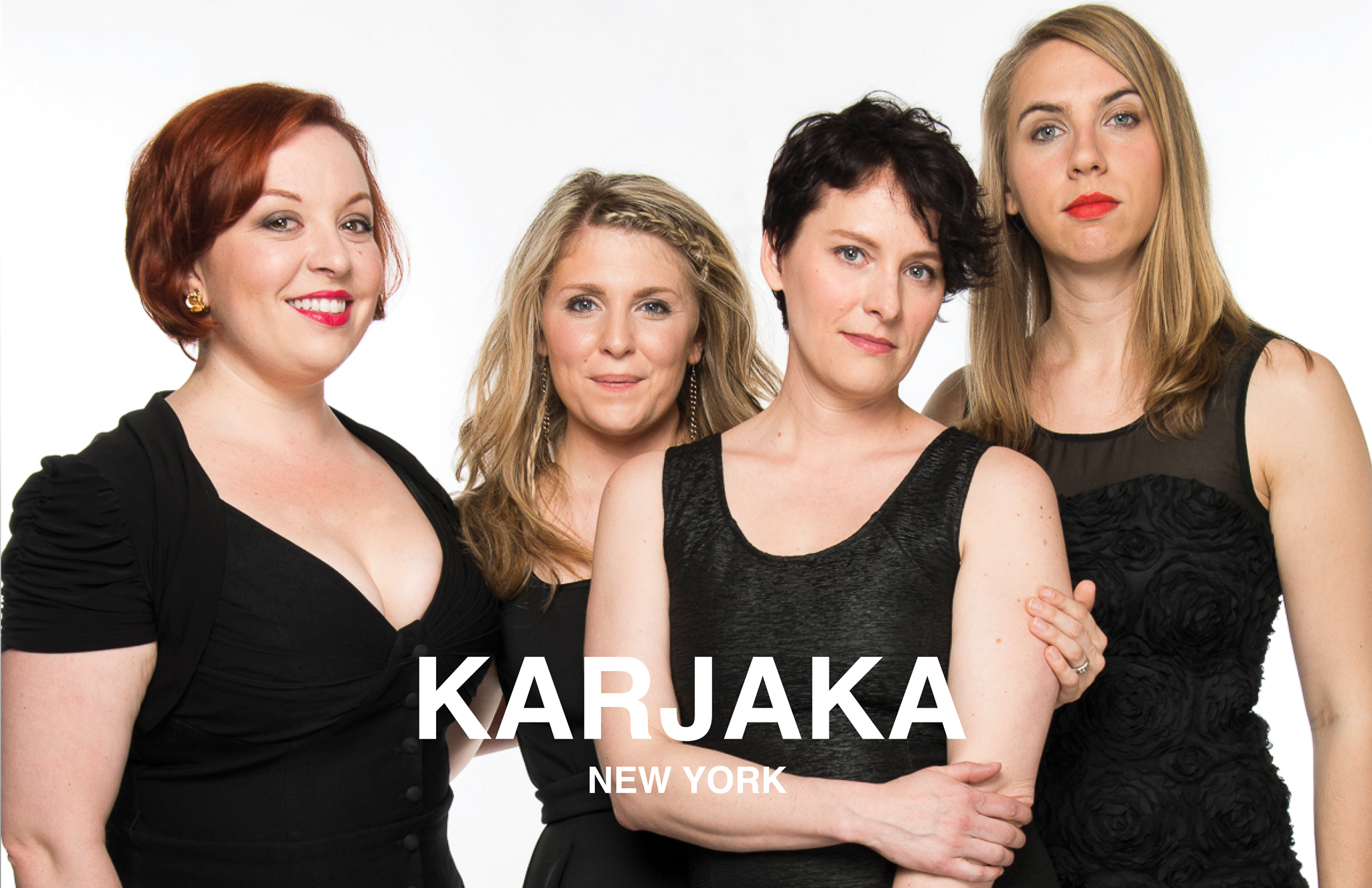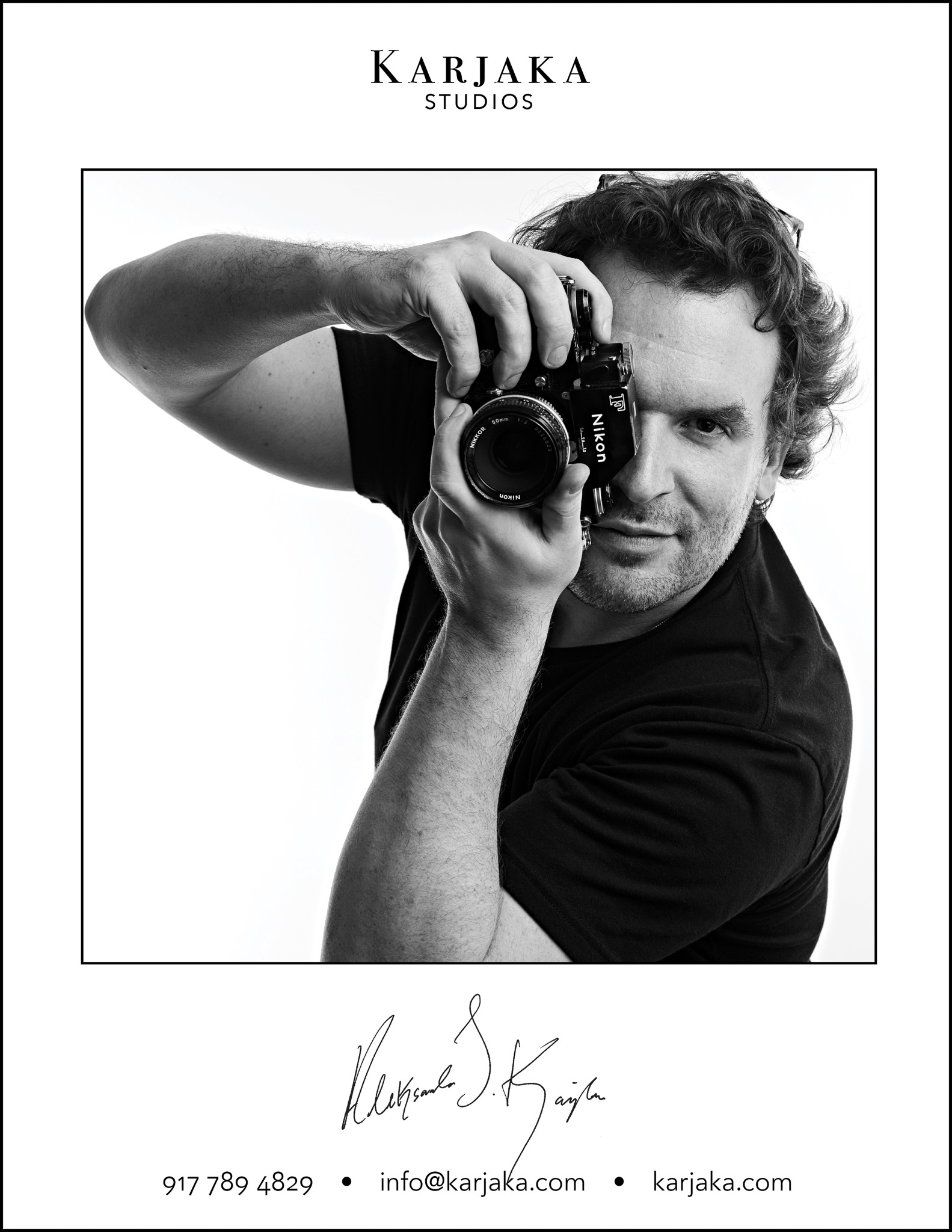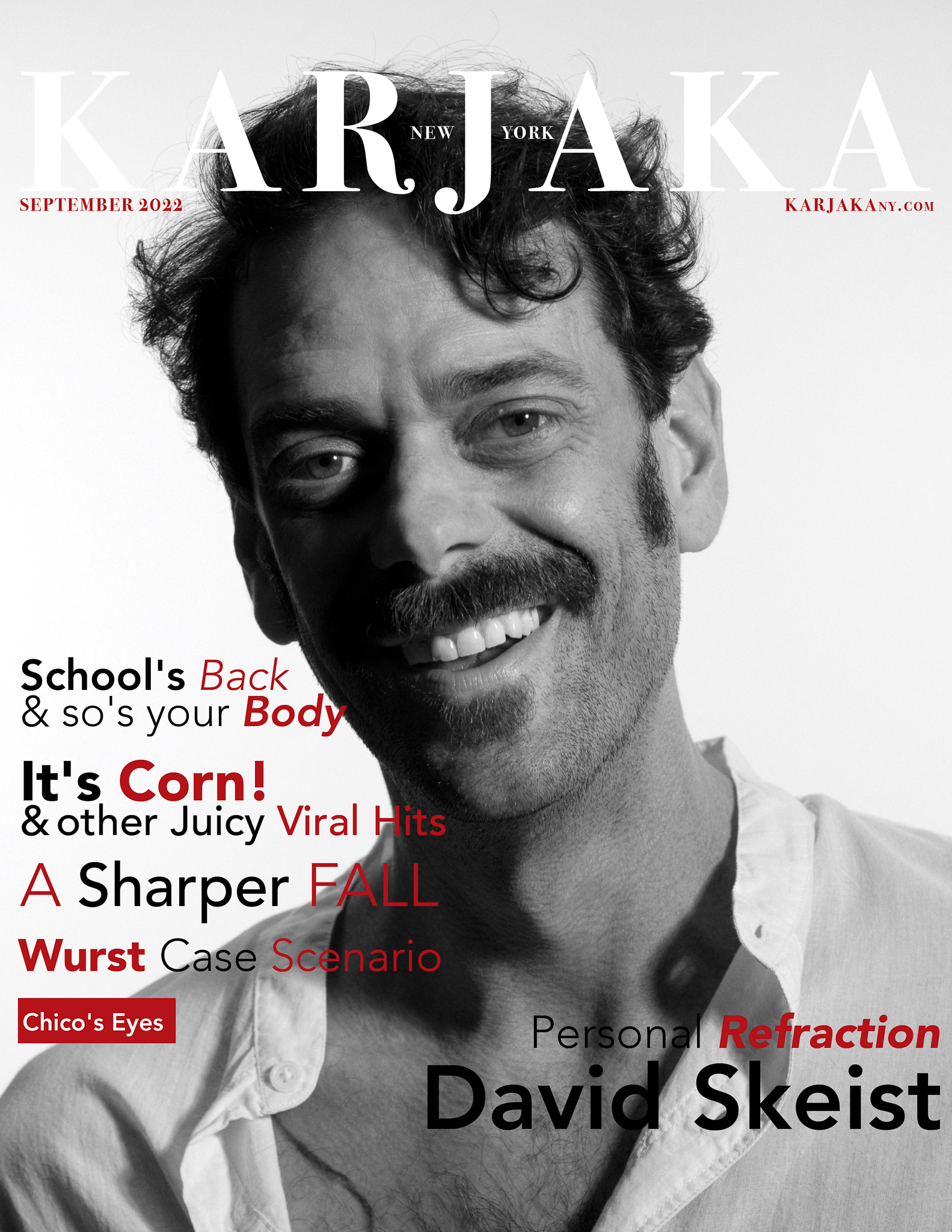
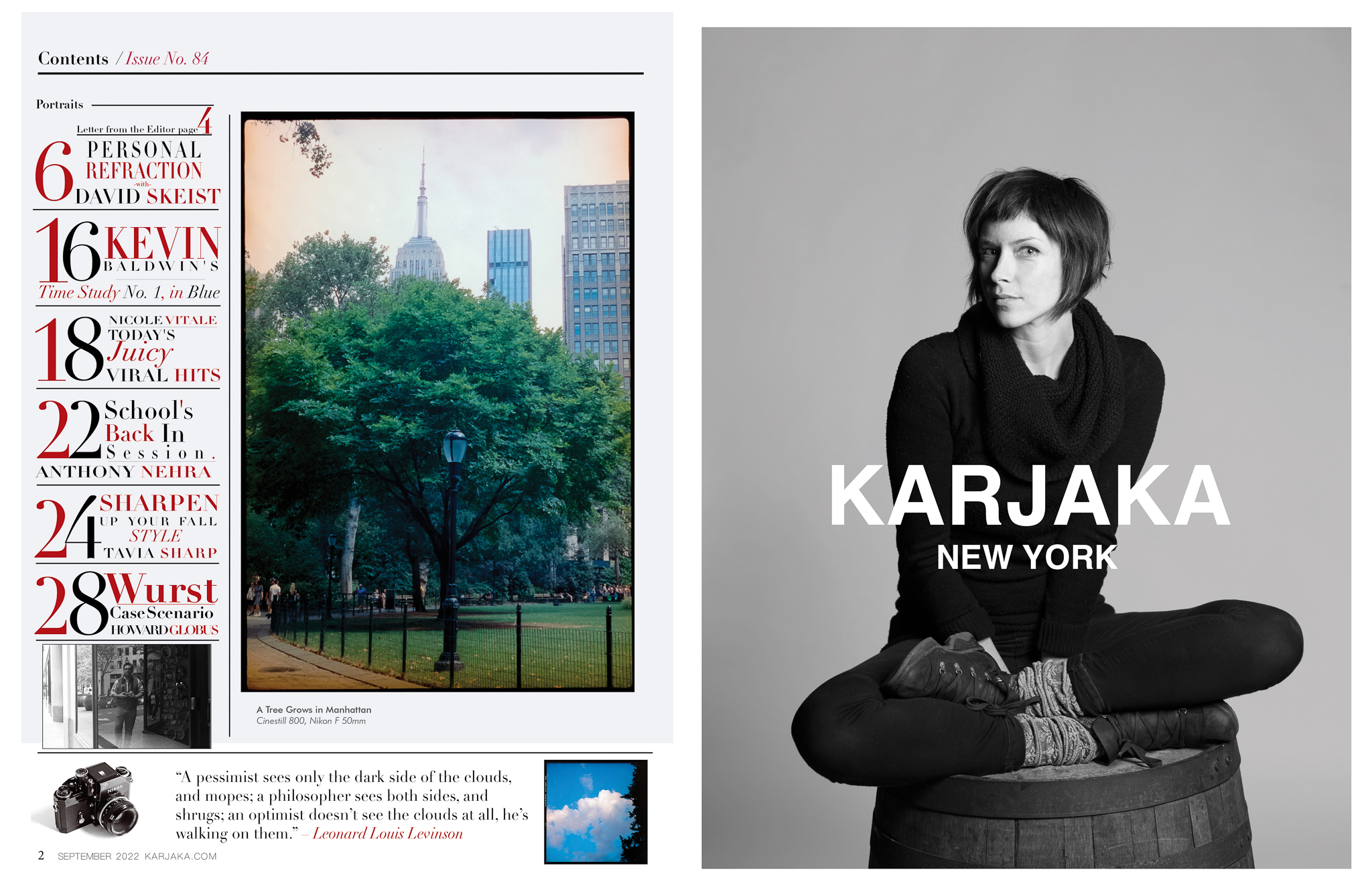
Personal Refraction with David Skeist
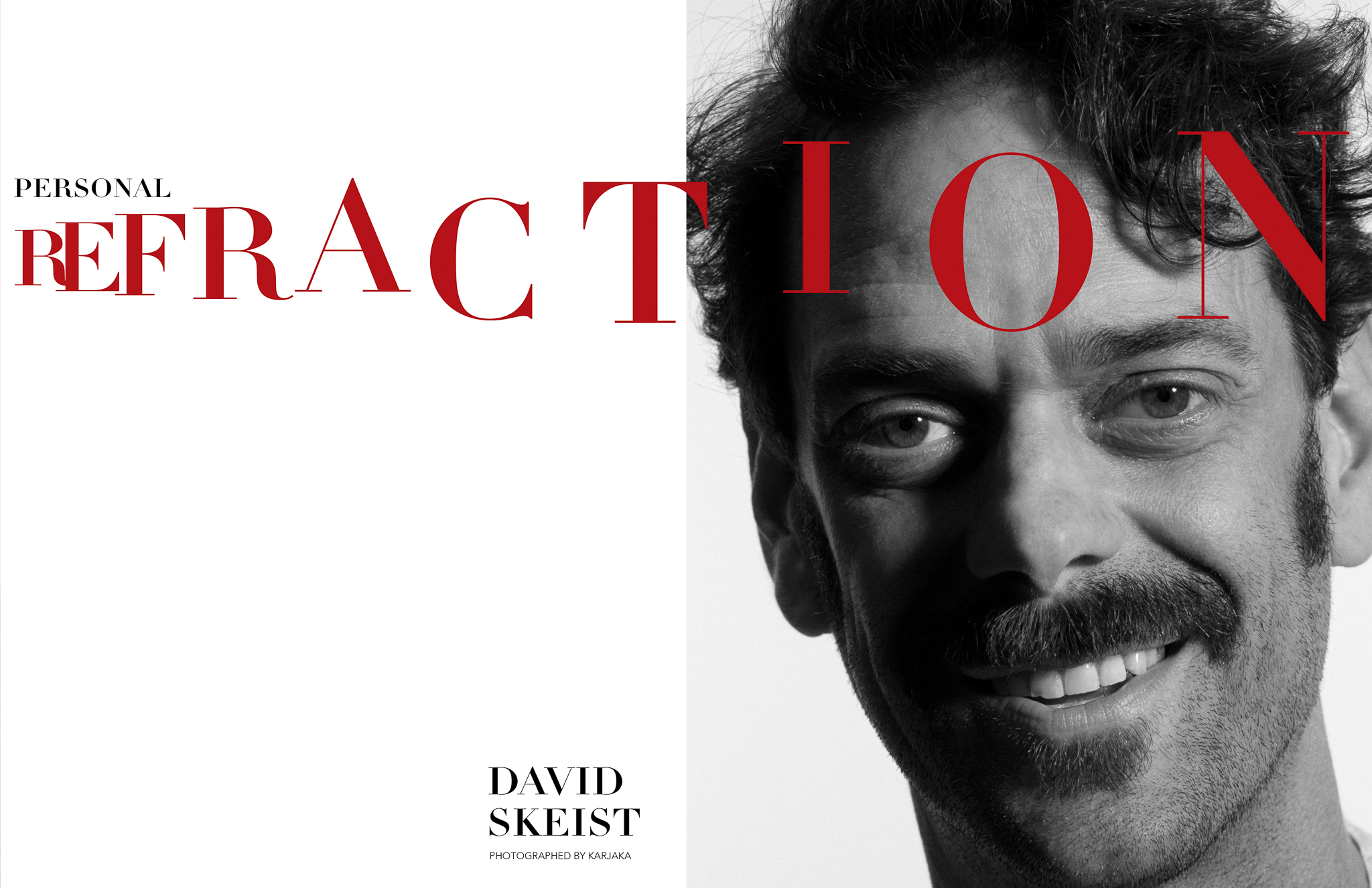
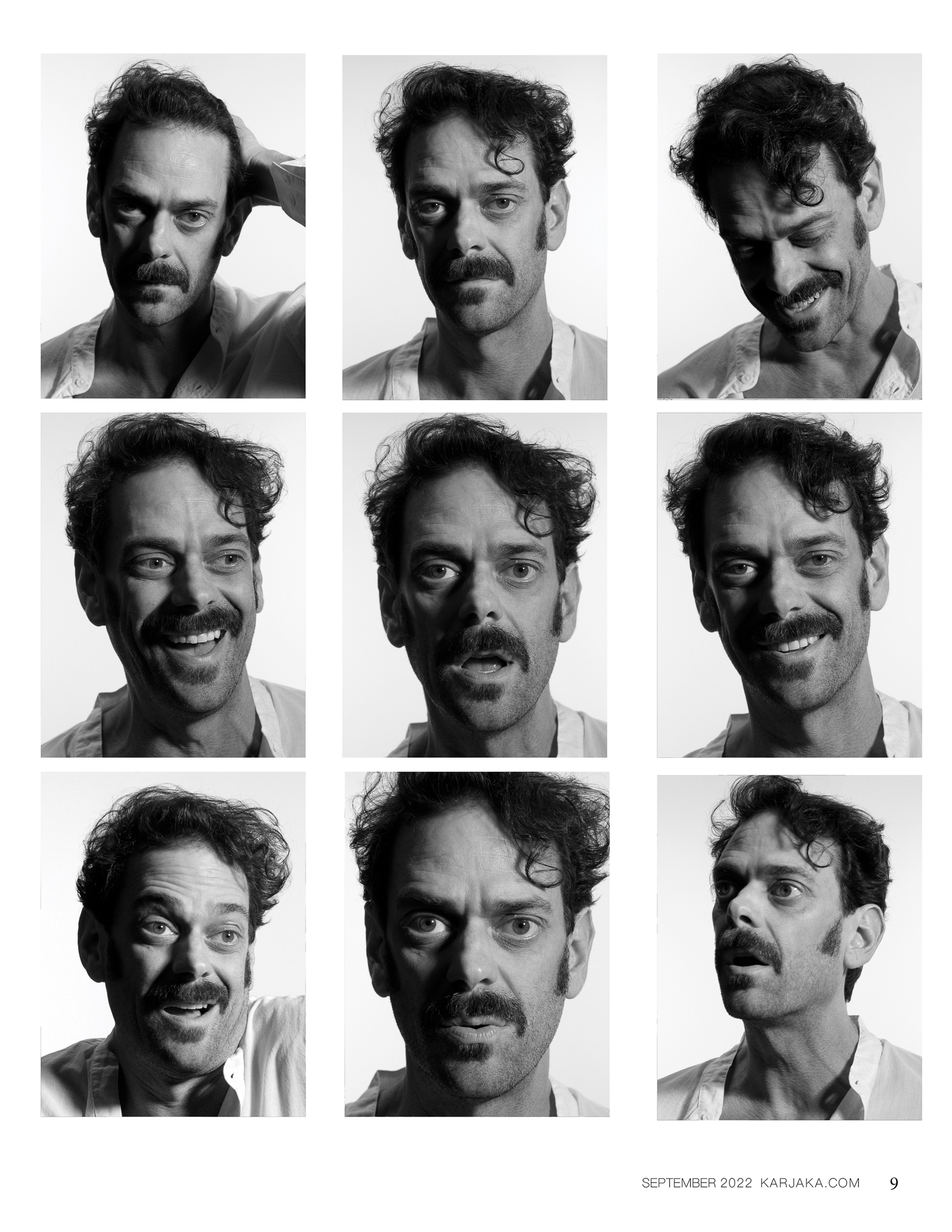
Aleks invited me to shoot with him in March 2020, but we did a pandemic instead. It’s interesting to compare these photos taken two years later to the ones we might have shot then, before most of us knew terms like spike proteins, essential workers, and capital police. Or I imagine it is. I haven’t actually seen the photos yet as I write this, but I do know what I experienced shooting them. The day before our rescheduled appointment I got a haircut and a new eye-cream. Later that night I had a minor panic attack. It was February 14, 2022 and Russia would not invade Ukraine (again) for ten more days, but the news showed a seventy-year-old woman learning how to shoot an assault rifle and I had a moment of awakening to reality that left me hyperventilating in my apartment.
I considered nuclear and other harrowing scenarios; then I wrote and posted a bad poem in which I expressed love for the beings of this world. One person liked it before I took it down again in embarrassment—an old friend who spent some time in the progressive ministry and whose wisdom and grace I attribute both to a loving soul and to living a lot in a still young life. My relationship with spirituality has been an evolution and it probably needs more than a tangent, but on this night I found myself in need of some spiritual guidance. I wrote to this friend and asked with some trepidation if they could sort of give me their elevator pitch on faith. They did, we had a beautiful conversation, and I felt a little better—not more optimistic, but I suppose more hopeful in the sense that hope is a practice whereas optimism is an outlook. Or something.
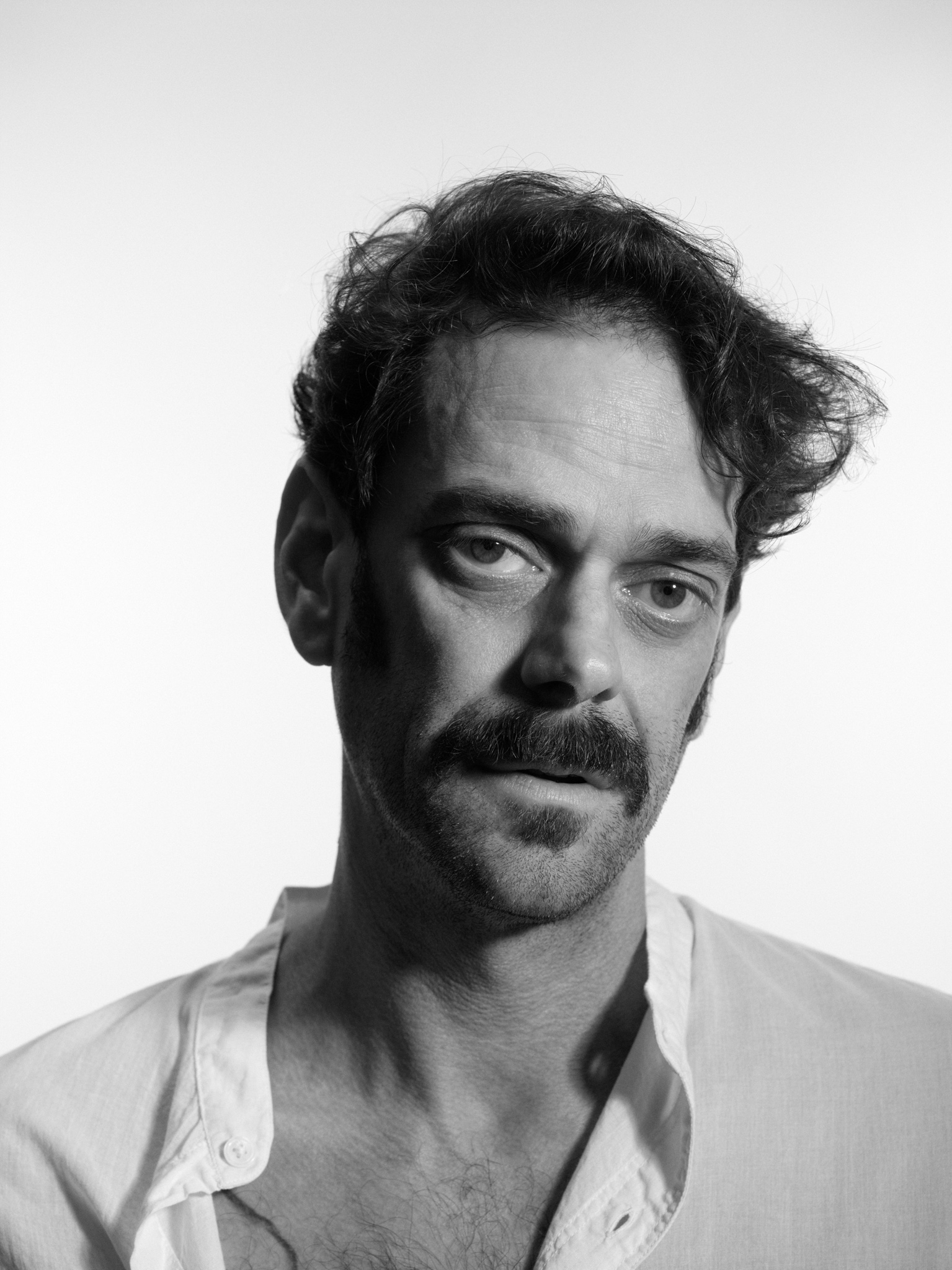
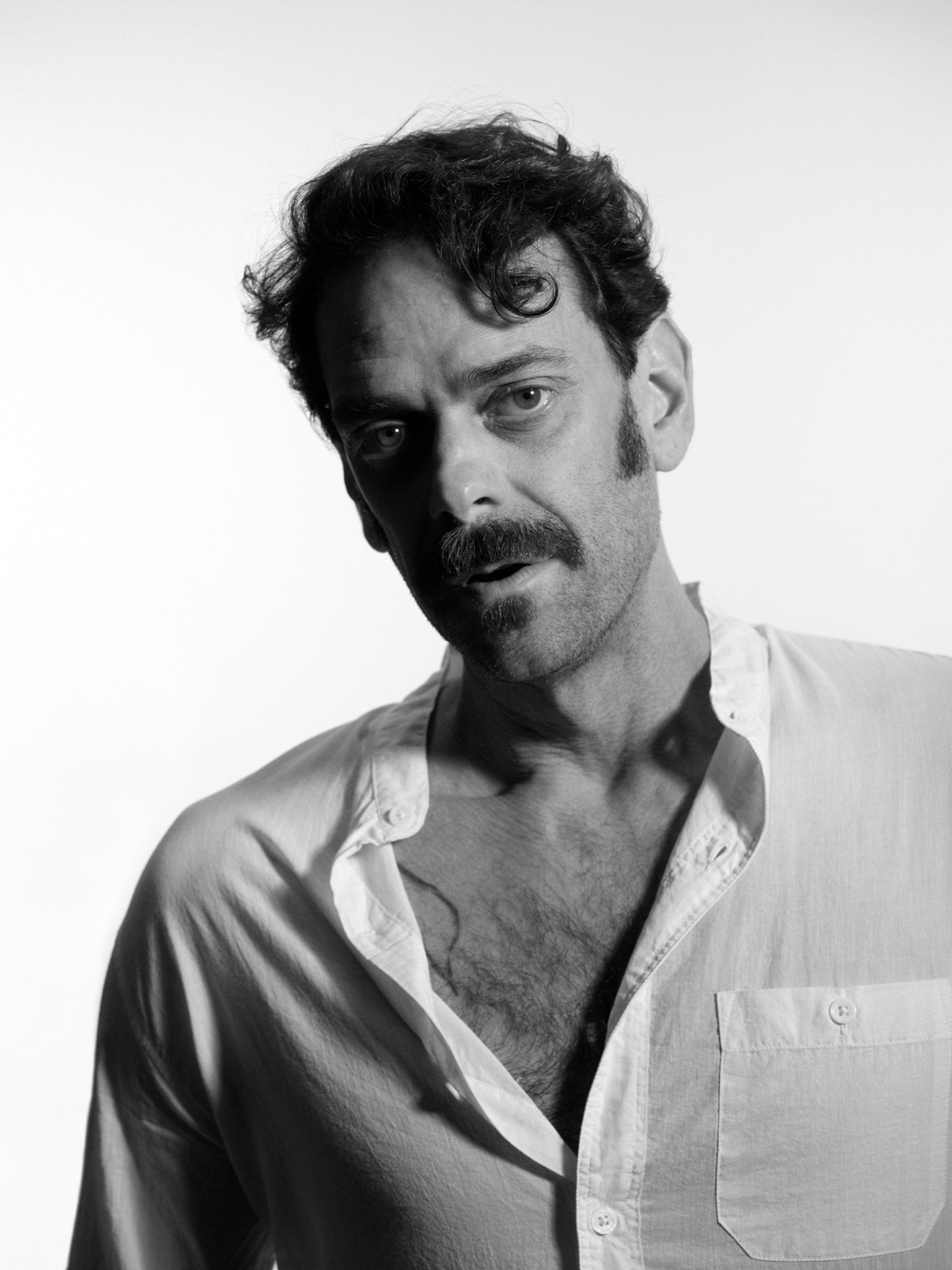
The next morning, I went to teach my college acting students, who I say without irony are the future. They are idealistic, sensitive, evolved, brilliant, and above all, kind. They are also exhausted and under enormous pressure and their world is in a state of existential hazard. I didn’t want to talk about the world at war and I also didn’t really want to talk about acting. We talked instead for a while about micro-gestures and the little taps, caresses, and pokes we give ourselves throughout the day because we need them. That led to a discussion about Teddy Roosevelt’s body tension which led to a further discussion about colonialism and the white supremacy of it all. Then we did an exercise about time. It comes from Mary Overlie and is pretty simple on the surface. The group moves freely throughout the space, alternating between walking and standing still, each of them trying to sense the continuous passage of time on a cellular level. I left class thinking that if there is one lesson I want to be able to impart to acting students in 2022, it is the potency of truth.
I went to Long Island City to shoot with Aleks. I am an actor, so the camera is not a total stranger, but I will say that photography is very far away from the stage, the medium I most often mostly understand. I hoped to offer Aleks’s lens a transparent if refracted view into a moment sincerely lived. I will let the pictures speak for themselves, but here are the given circumstances of the person they depict. In the room with him are the photographer and the photographer’s collaborator. All three are white men, which I specify only because so often race and gender warrant mentioning otherwise. Their conversation is easy, flowing, and intimate though he and they don’t really know each other. They talk about classic rock, the imminent invasion, how to deal with the legacies of good artists who are bad people, teaching, and dating apps. At one point he tells them his own dating app love story. He takes comfort in their gentle company as he grapples with the ever changing landscape of life in what he has grown accustomed to calling the Great Unraveling.
More time has passed now—six and a half months as of this sentence. For most of my life, half a year has not been a long time. Now, February already feels like a different era, distanced from us by terms like monkeypox, espionage act, and post-Roe. The war in Ukraine rages on, among others, and civilization as we know it remains in great peril. I am a person of privilege and my life is full of comforts big and small, but being alive right now feels like waking up each day to the unfolding of a dystopian nightmare. And yet there is also the powerfully emanating sublime-beauty of an existence precarious in our care. When these pictures were taken, I was a person learning to love life in new ways while growing increasingly terrified for the future. Six and a half months later those are two things that have not changed. To be conscious of what we have is to be conscious of what we may lose and how quickly. Each day is a reckoning, and for the most vulnerable a catastrophe. It is also an opportunity to ask ourselves what more we can do.
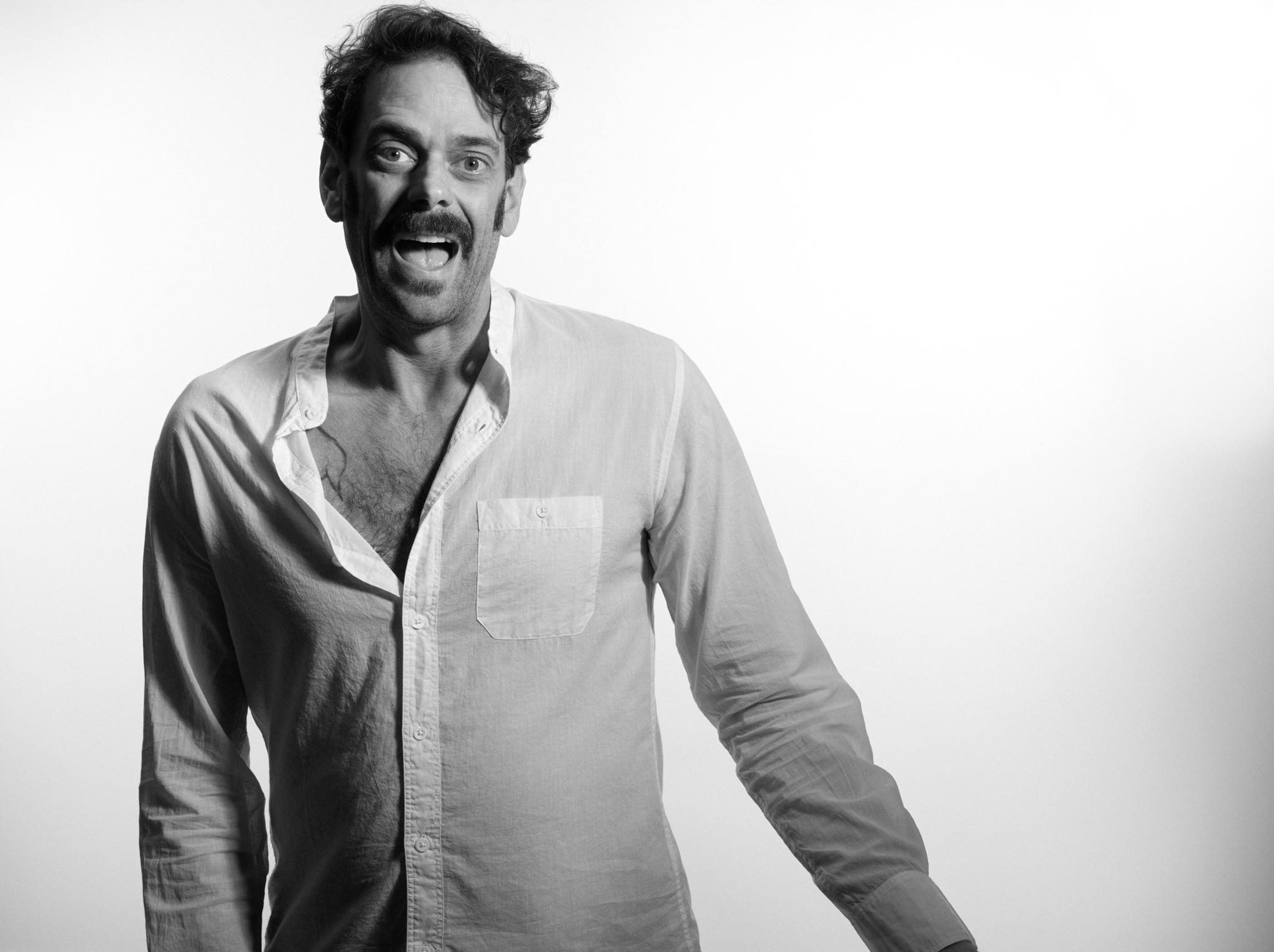
David Skeist is a multidisciplinary theatre artist and composer in Brooklyn. He is the producing director of Caborca, a bilingual experimental ensemble working in theatre and film, and has appeared in most of the company’s productions, while also collaborating independently with a multigenerational range of theatre innovators. He has written choral music for classical and experimental theatre and performance. Current musical projects include: Rubalee, a heavy metal choral musical about the critically endangered North Atlantic right whale, conceived and written by Javier Antonio González and co-composed with Michael Rekevics; Hymn to Life, a choral setting of Timothy Donnelly’s 360-line poem about extinction staged in collaboration with James Rutherford and Laura Butler Rivera; …en jumelle, an international work of site-specific performance by Laurent Pichaud. In September 2022, he appears in Romina Paula’s Fauna at Torn Page. Outside of the art world, David has been the New York facilitator for Allen Carr’s Easyway to Stop Smoking for nearly a decade. He teaches acting at Barnard College. www.caborca.org https://soundcloud.com/avidkeist
